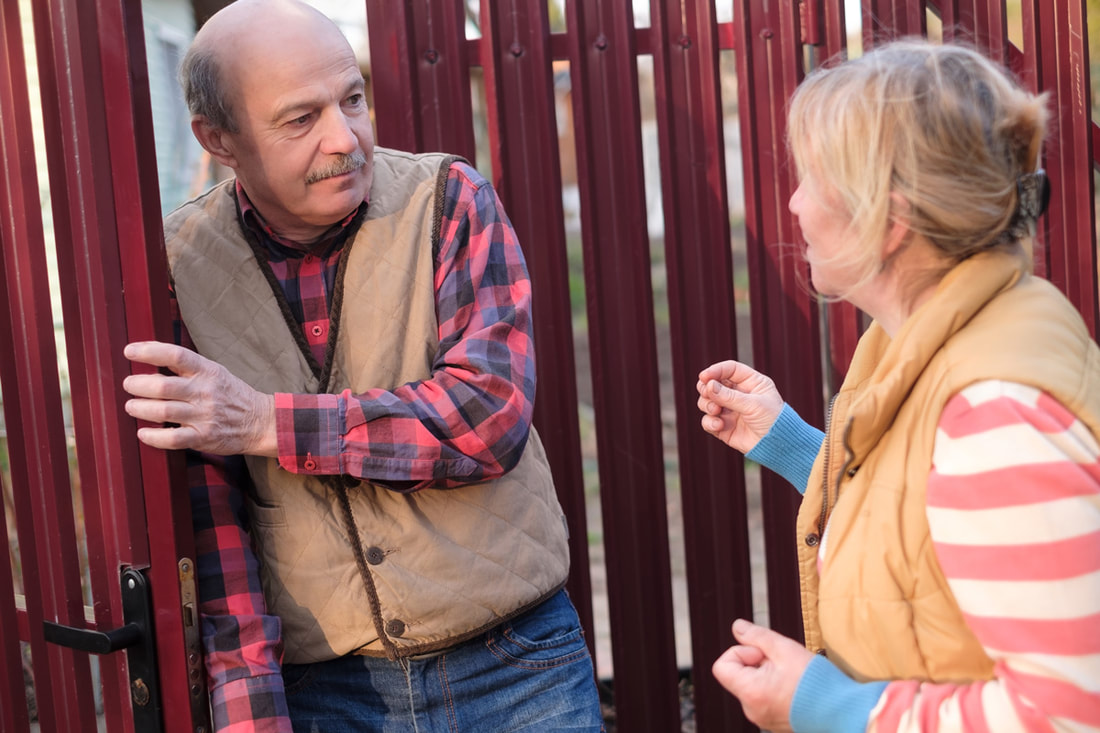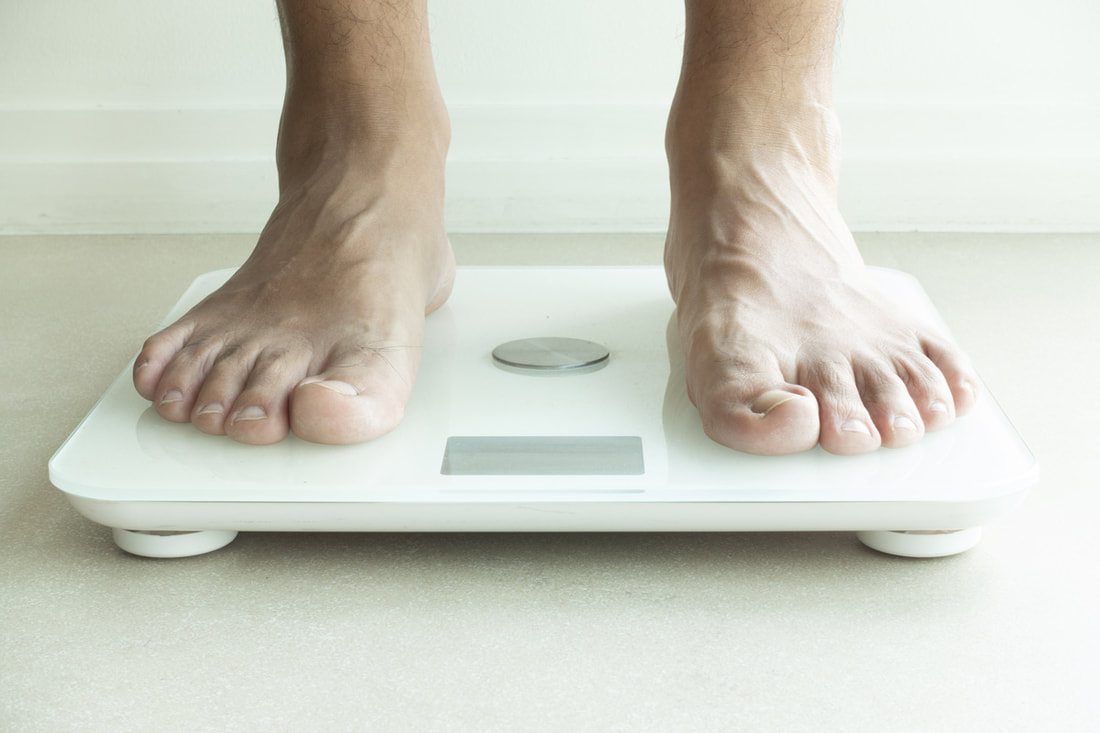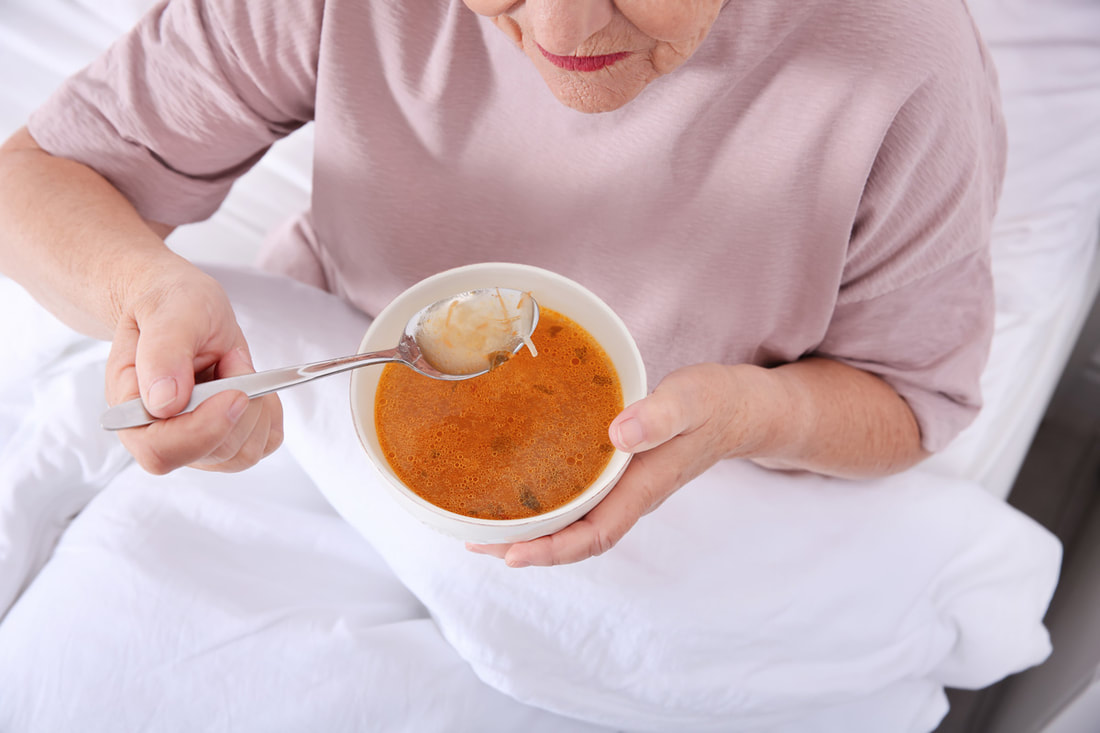|
When your family member is in pain, you are suffering too. The “mirror neurons” in our brains are programmed to recognize pain in others. That’s good news, in that it arouses compassion and spurs us to action. But it can be bad news, too. When you’re highly attuned to a loved one’s pain, you’re at higher risk of depression and self-neglect.


We all accumulate belongings over the years. But when is it too much? According to Michael Tompkins, PhD, author of Digging Out, your family member may be in the early stages of a hoarding disorder if he or she:


If you are providing support to an aging family member, do some homework before filing your tax return. You may be entitled to claim your relative as a dependent. This requires that:


It’s unsettling when a family member is losing weight unexpectedly. If the doctor has no medical explanation, perhaps it’s the result of one of these common situations:


Flavor. We lose taste and smell as we age. And salt-restricted diets are often bland. Suggest cooking with more herbs and spices.


Happiness is universally desired. But do you know how to increase your happiness? In his book, Stumbling on Happiness, Harvard professor Daniel Gilbert explains that it’s not about big goals or events. The better house, the extra-long vacation, don’t really make us much happier.


|





